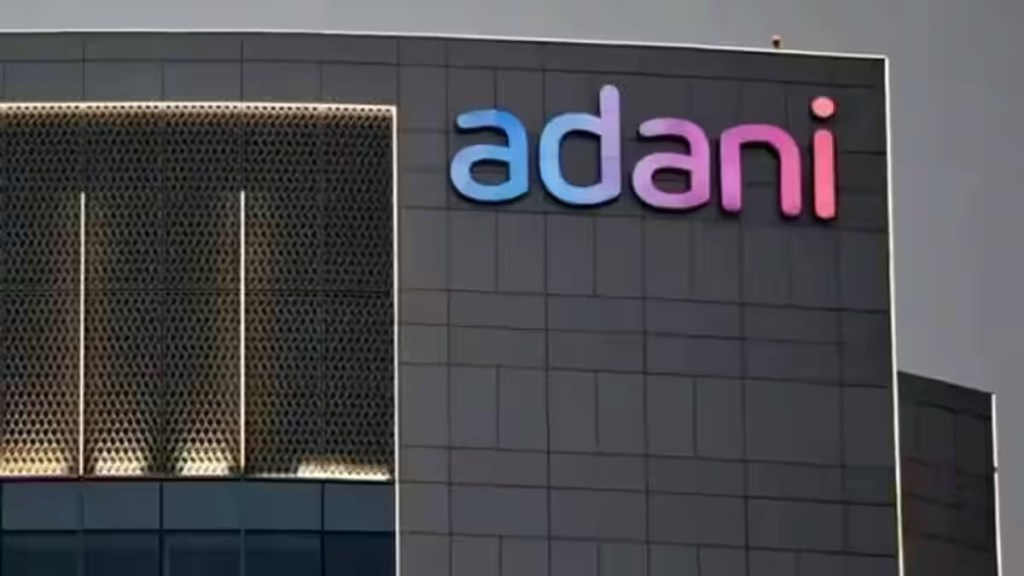The biggest economic scandal in the history of modern India is getting even bigger. According to new findings in the Adani group stock manipulation case, millions of dollars were invested in some publicly traded stocks of Adani Group via ‘opaque’ funds based in Mauritius. Exclusive documents obtained by Organised Crime and Corruption Reporting Project (OCCRP) revealed that hundreds of millions of dollars were invested in publicly traded Adani stock by alleged business associates who have widely reported ties to the group’s majority shareholders, the Adani family. OCCRP has obtained documents including files from multiple tax havens, bank records, and internal Adani Group emails that shed light on the matter.
The report said, in at least two cases, representing Adani stock holdings that at one point reached $430 million, the investors turn out to have widely reported ties to the group’s majority shareholders, the Adani family. “The two men, Nasser Ali Shaban Ahli and Chang Chung-Ling, have longtime business ties to the family and have also served as directors and shareholders in Adani Group companies and companies associated with one of the family’s senior members, Vinod Adani,” the nonprofit media organization added.
According to the documents obtained, they spent years buying and selling Adani stocks through the Mauritius funds and made considerable profits. The offshore structures helped obscure their involvement. It also showed that the management company in charge of their investments paid a Vinod Adani company to advise them in their investments.
“The question of whether this arrangement is a violation of the law rests on whether Ahli and Chang should be considered to be acting on behalf of Adani ‘promoters,’ a term used in India to refer to the majority owners of a business,” OCCRP said. If so, OCCRP added, their stake in Adani holdings would exceed the 75 per cent limit allowed for insider ownership.
The revelations by OCCRP comes after US-based short-seller Hindenburg Research in January accused Adani Group of improper business dealings, including the use of offshore entities in tax havens such as Mauritius from where it said certain offshore funds ‘surreptitiously’ owned stock in Adani’s listed firms. Adani Group has called the claims as misleading and without evidence, asserting the conglomerate’s consistent adherence to legal frameworks. The Hindenburg report had led to Adani Group stocks losing $150 billion in market value and remaining down around $100 billion following a recovery in recent months after it repaid some debt and regained some investor confidence.
Per the article by OCCRP, Adani Group representative said that the Mauritius funds investigated by reporters had already been named in the ‘Hindenburg report’ and also cited the Supreme Court’s expert committee which described a financial regulator’s efforts to get to the bottom of the matter as “not proved”. “In light of these facts,these allegations are not only baseless and unsubstantiated but are rehashed from Hindenburg’s allegations. Further, it is categorically stated that all the Adani Group’s publicly listed entities are in compliance with all applicable laws including the regulation relating to public share holdings,” the representative told OCCRP.
Nasser Ali Shaban Ahli and Chang Chung-Ling did not respond to OCCRP’s requests for comment. However, in an interview with The Guardian, Chang denied any knowledge about any secret purchases of Adani stock. He did not say whether he had bought any, but asked why journalists were not interested in his other investments.
Vinod Adani did not respond to requests for comment. Adani Group had earlier denied that he had any role in running the conglomerate but later this March, admitted that he was part of the ‘promoter group’.
The regulatory probe after Hindenburg report
After the revelations by Hindenburg Research in January, the Supreme Court had convened an expert committee to look into the allegations. The committee’s conclusions, published in May, revealed that the Adani Group had already been investigated by SEBI. According to the committee, SEBI had suspected for years that “some of [the Adani Group’s] public shareholders are not truly public shareholders and they could be fronts for [Adani Group] promoters”. In 2020, it launched an investigation into 13 overseas entities holding Adani stock. But the investigation “hit a wall”, the report had said.

